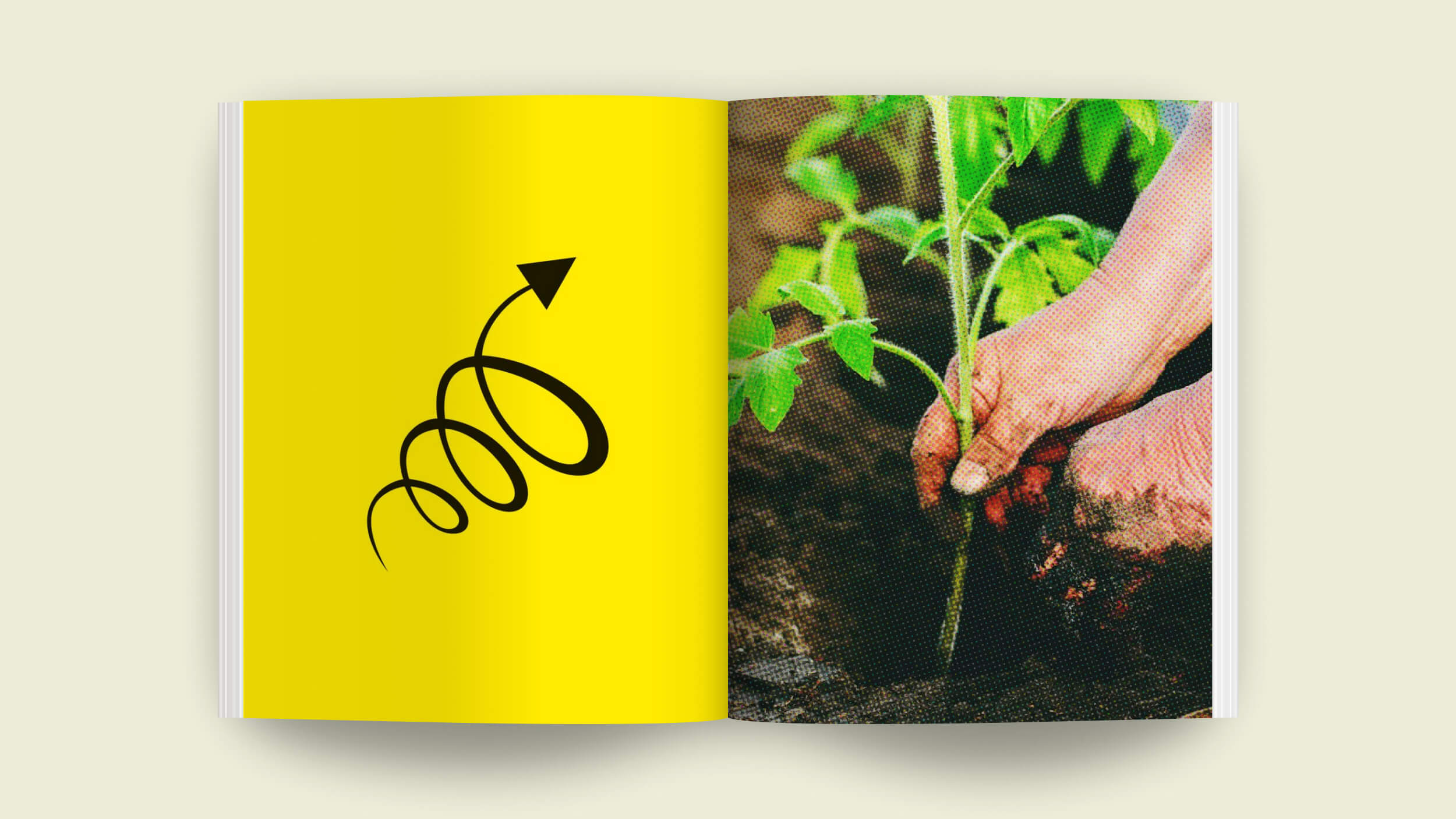The chef and owner of Scarpetta grew up with an Italian mother and a father who loved Thanksgiving.
Question: How has geography shaped you?
Scott Conant: I’m from Waterbury, Connecticut. And I was born- raised in a town called Oakville, Connecticut. It was a really kind of small- small place. My father was from a town called Fort Fairfield in Maine, but he grew up on a potato farm. My mother is first-generation Italian-American. So I think growing up at a place like Connecticut and such a small town, with, you know, a first-generation Italian-American mother and a father whose family kind of lived off the land, it just- it made sense. I don’t know if it made sense to go into a food world, but it definitely made sense for me to move away as quickly as I could. And food was probably the first- the first opportunity that I could- that I could’ve utilized, I guess, to get away.
Question: Was Italian food part of your childhood?
Scott Conant: Yeah. You know, the whole Italian-American stuff. It- it was- it was very cool. My grandmother used to make Cavatelli fresh- you know, the Sunday 2:00- 2:00 o’clock in the afternoon Sunday meals and a big pot of meatballs and sausage on the stove, it felt like all the time. You know, grabbing a- a piece of- of bread and kind of dunking it into the sauce, it was a big part of my life. But on my father’s side of the family, it was interesting because we would drive up to Maine on holidays and, you know, Thanksgiving especially because it’s such an- an American holiday. And we would have huge- I mean, you know, these great feasts of all this American food and minced-meat pie and pumpkin pies and all the stuff that I would never get with my Italian side of the family. So it was a great kind of balance between the two, which I- I really believe and, you know, the romantic idea of- of all things food, I think that had a major impact on my status with food, my approach.
Question: When did you decide to become a chef?
Scott Conant: I was a fat kid <laugh>. I think that’s <laugh>- yeah, definitely. I was a fat kid. You know I took my first classes when I was 11; I always kind of liked being in a kitchen. I had the opportunity to take a class when I was 11 years old. I took it, and then I went to a vocational school, and I actually wanted to be a plumber. I had this small period of time where I figured plumbing was the- was the life for me. And I couldn’t get into the program;so as a second choice, I- I chose Culinary Arts. And it’s funny- kind of divine intervent- intervention. It’s- it’s actually somewhat, knock on wood, it’s worked out- worked out so far.
Question: What was the inspiration for Alto?
Scott Conant: Alto- Alto is- the idea for Alto, especially with the name Alto meaning top, and definitely taking a- a- taking-- you know the two schools of thought with Italian food, one is- was cucina rustica, which is the very rustic-style kitchen which it seems to be the one that everybody loves; and then there’s the alto cucina, which I- which is the high-end kind of aristocratic-style kitchen, which despite what anyone would say, I’m a big believer that it’s still making headway in- in New York. I mean, there’s Fiamma with Fabio and, you know, Michael White at Alto is doing wonderful things, and obviously Del Posto with- with Mark Latner [ph?] and- and Mario and Lydia-- you know, all things. Joe Bastianich just well- making headway. San Domenico’s still 20 years in business now. They’re still- they’re looking for a new property, and that’s, you know-- there’s a- there’s a lot of things that are still emerging. So I really saw that as an opportunity to kind- to kind of raise the bar and really create a technique-driven cuisine that was still as soulful as one would close their eyes and imagine a- in the romantic idea of what Italian food is. So that was my- that was my intention, let’s put it that way.
Recorded on: 03/24/2008





